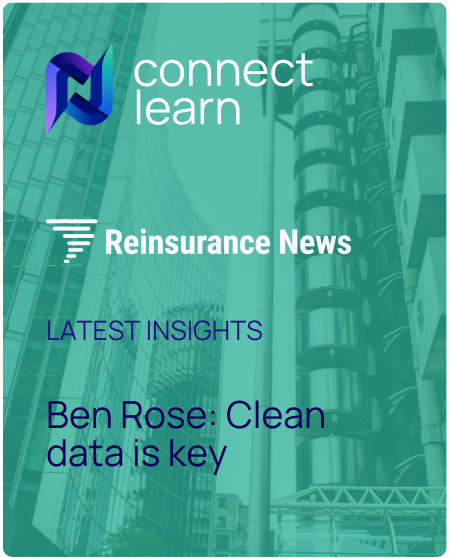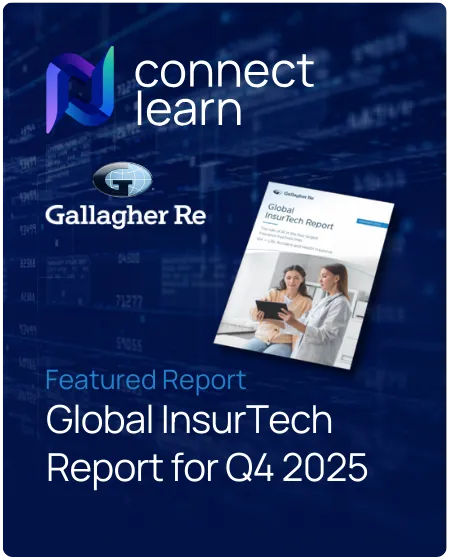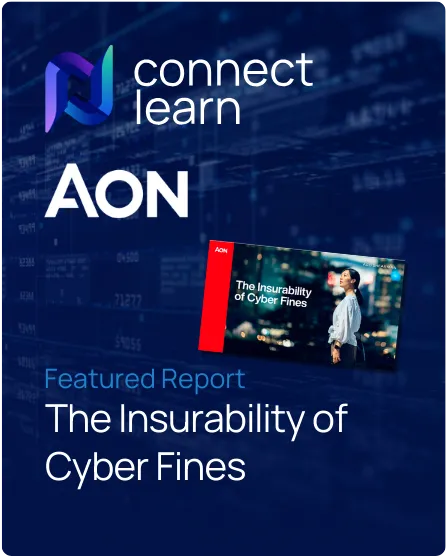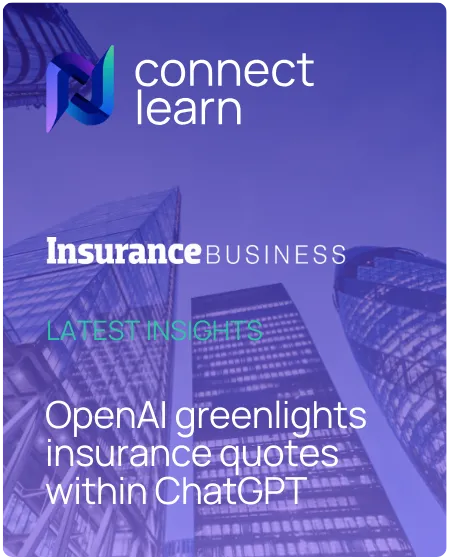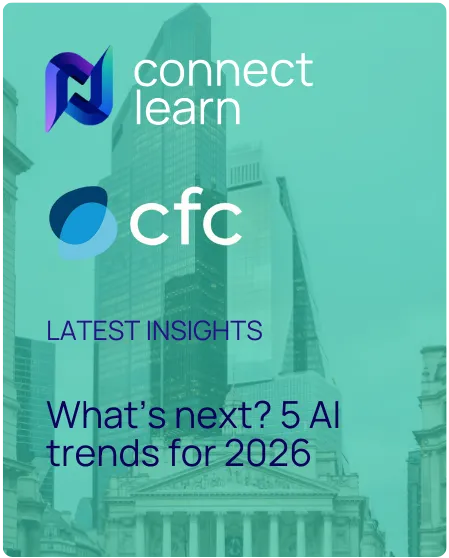Ben Rose, Co-Founder and President of Supercede, the independent reinsurance platform, said he does not reasonably foresee a successful AI-driven reinsurance industry as things stand, but if the industry reaches a point where it has “clean data flying around”, this will represent a major step change.
Ben Rose SupercedeIn a recent interview with Reinsurance News, Rose compared reinsurance data to water, noting that most of the industry’s “water” is not clean enough to use.
“So, where we are today is that if you think about the data in reinsurance as being like water, we’re in a position where most of our water is undrinkable, as an industry, and so any attempt to flow it through to other processes for reinsurers to do exciting things with the downstream is doomed to fail, largely because you’re going to get to your end product and figure out that you just can’t use it anymore,” he said.
Rose highlighted growing shared infrastructure among Supercede clients, where market participants are collaborating and working on data together. With this shift, the industry has a chance at “clean drinking data,” though he stressed it remains out of reach for now.
Rose said, “As an industry, particularly with the adoption that we’re seeing from Supercede clients and seeing that shared infrastructure as a way forward, the ability to interact with each other and work on data together, along with all the validation tools, the audit tools, et cetera, that come with it, we do have a shot at clean drinking water or clean data across the industry, which would be such a big step change for us. And I think what it would do, with adoption growing as it is, it could take us to a space where actually some of the AI futures that people would like to imagine come into scope. I think at the moment, they are very much out of scope. I don’t think that we can reasonably foresee a successful AI driven reinsurance industry as things stand.”
Supercede has observed a meaningful shift among its clients, with technology increasingly enabling deeper collaboration.
“For us, it’s a really exciting time because we’re seeing a very meaningful shift in our usage. The shift is mostly measured for us in terms of a change from classically more single player mode, as we think about it, to multiplayer mode. So, we’ve had lots of big clients for years that have used Supercede’s tools to clean their reinsurance submission data or to keep track of all of their deals during a placement, but what is happening now at a really impressive rate is that actually multiple parties are going on and doing it together,” he said.
“In our deals platform, for example, you have cedents and brokers collaborating around, ‘how should we do signings? How should we explore different options before we go out to market, before we set the terms?’ You have collaboration happening around the submission data where the brokers and the cedents are looking at, ‘what bandings should be used for the limit profile or what should we be buying as rates are coming down, as the market is softening a bit, is there a way to protect this part of the portfolio, where we can see the data showing us that there’s things we ought to be thinking about?
“The other thing that we’re seeing a massive push on, by design again, is interoperability. We’ve been partied to a number of different groups, including ACORD for a very long time and continue to work with others as well, including WCL and others more broadly, but the opportunity of yesteryear was can we use APIs to make systems talk to each other? And I think we’re now at the point where that’s actually very real, very tangible when people are able to use it.
“So, for example, we have a brilliant integration with OpenTWINS, which is the main back office system used by all of the reinsurance brokers, that’s getting used and making a real difference to the way brokers manage their placement and post placement information. Similarly, we’re sending data into insurer back office systems at the end of deal making processes, and we’re looking to just ramp that up across the board and connect into vendor systems, any systems, anything downstream, that needs data captured sooner in the process. We want to again be that reliable source data for reinsurance,” he explained.
Rose emphasised that poor-quality source data remains the biggest challenge for adopting AI.
He stressed, “The training data for reinsurance AI is very poor, so would likely exacerbate bad outcomes rather than help us to avoid them. It’s like the saying, practice makes perfect. But what if you’re practicing the wrong thing? And we’re very much at risk of that in reinsurance and confusing signals with noise.
“A recent stat that MIT put out said that something like 95% of AI projects fail to show any return so far. With the poor data that we have in reinsurance, it is unlikely that we’re going to buck that trend anytime soon. So, I think that poor source data is really the biggest challenge.”
He also highlighted the fragmented technology environment in the industry, which he sees as the main barrier to better data sharing across the reinsurance value chain.
He explained, “The industry has had a bit of a history of building solutions in-house, and each party has built it differently, so that’s created lots of little technology islands that can’t really talk to each other. It means that every time practitioners want to interact with each other, which is a lot in reinsurance, cedents need to work with brokers, brokers need to work with reinsurers and vice versa. It means even answering basic questions can become weeks-long projects, just trying to wrangle with the data to understand what’s going on, because there isn’t that shared format.
“I think really we need to get to the point where we can build bridges between those islands, and that’s where shared solutions sitting between parties are much more valuable, because they can create that common language and cut out the friction and offer those people who are trying to get deals done, at the end of the day, much greater speed to the clarity they need to make decisions.”
Rose emphasised that at Supercede, the company is really setting itself out to be the gold standard for data reliability.
He stated, “We understand that our role in a potential AI revolution is to provide that incredibly robust and reliable source data. Whether that’s submission data, whether that’s deal management data or the information that’s ultimately going to flow into post placement processes like technical and financial accounting systems.”
Rose continued, “From a security perspective, we’re very proud to have just been ISO 27001 recertified for the seventh year running now with no findings or improvement opportunities. So, ever since Supercede has been around, we’ve upheld ourselves to the highest possible standards for information security, including, actually, the recent successful transition to the latest version of the standard, which adapts to and includes all of the considerations of a more cloud first ecosystem.
“So, how do we always ensure we’re maintaining data confidentiality, integrity and availability? And I think those same principles are vital to enabling successful AI adoption. You have to help clients, at the end of the day, build very solid data foundations upon which they can then look to overlay AI. So, we make sure that those using Supercede for those foundations know that they have robust underlying data that’s been validated and audited at every stage, so that they know that that confidentiality, integrity and availability set of principles will continue as they then work through deal life cycles.”


